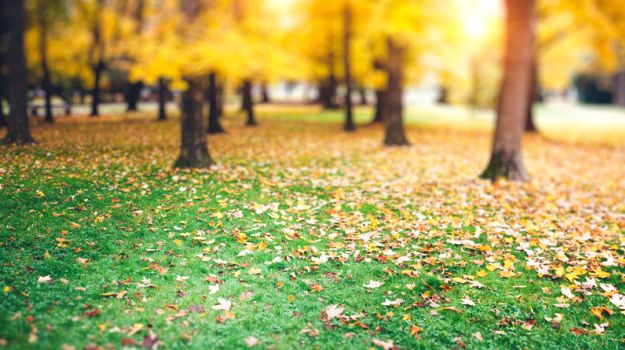A 30-minute walk in the woods each week can help reduce depression and high blood pressure while enhancing mental health, a study at the University of Queensland has found.
The findings showed that people who made long visits to green spaces had lower rates of depression and high blood pressure and those who visited more frequently had greater social cohesion.
The study, published in the journal Nature Scientific Reports, examines the associations between the duration, frequency and intensity of exposure to nature and health in an urban population.
Visits to outdoor green spaces of 30 minutes or more during the course of a week could reduce the prevalence of depression by up to 7 per cent and high blood pressure by 9 per cent.
Further, spending more time outdoors may especially benefit children.
“Kids who grow up experiencing natural environments may benefit developmentally and have a heightened environmental awareness as adults than those who don’t,” said lead researcher Danielle Shanahan from University of Queensland in Australia. Visiting parks has been long known to be good for our health, but there has been almost no guidance on how much or how frequently people need to engage with nature, and what types or characteristics of nature need to be incorporated in cities for the best health outcomes. “The study finds specific evidence that we need regular visits of at least half an hour to ensure we get these benefits,” added Associate Professor Richard Fuller.
More support and encouragement of community activities in natural spaces would encourage people to spend more time in green space, the paper suggested.
(This story has not been edited by NDTV staff and is auto-generated from a syndicated feed.)
